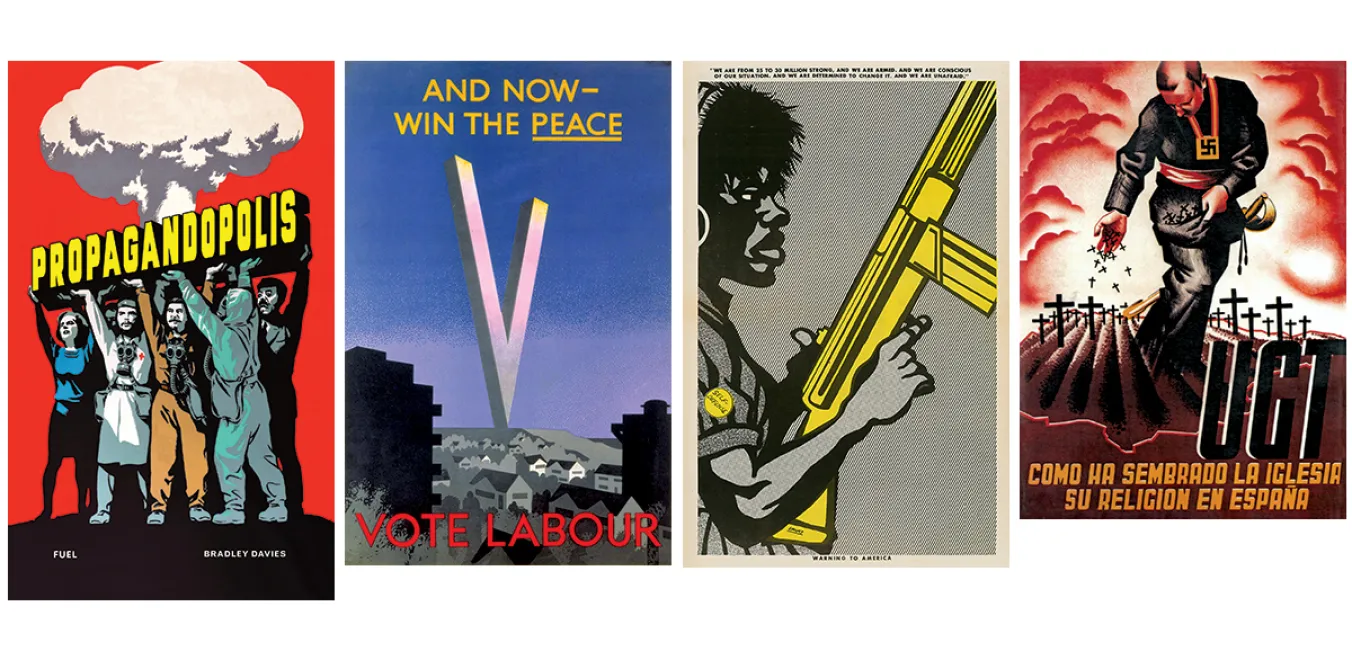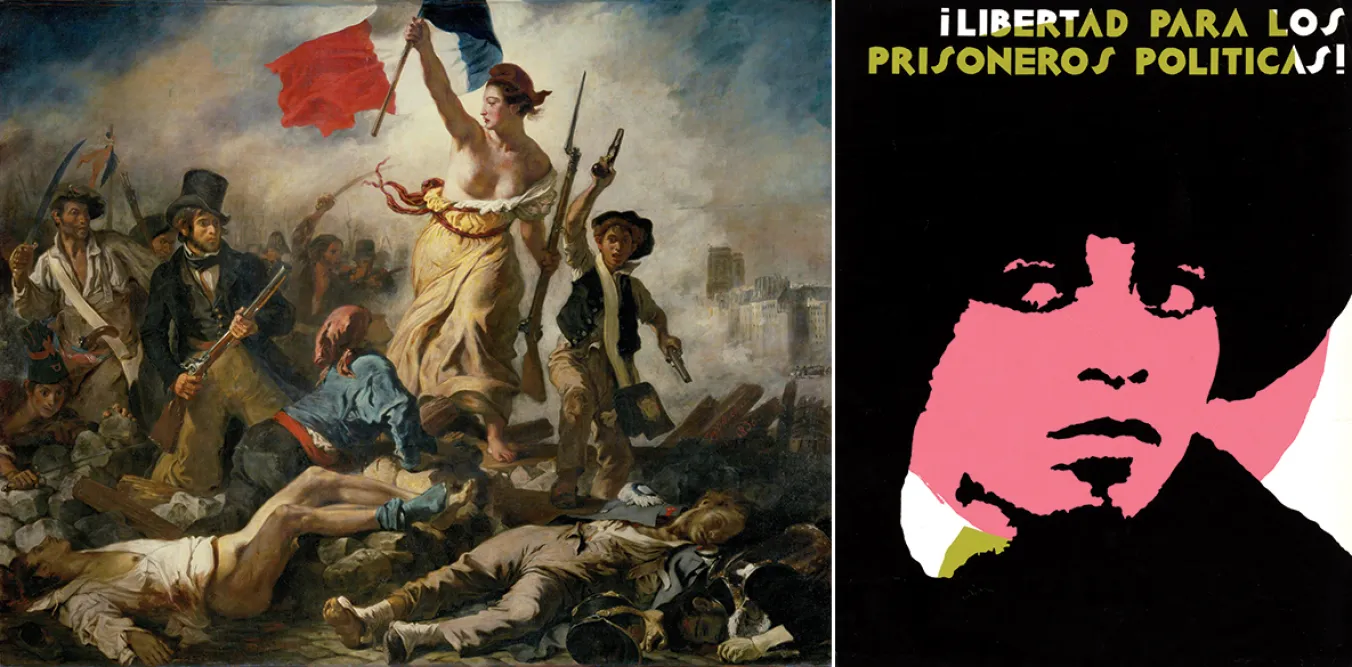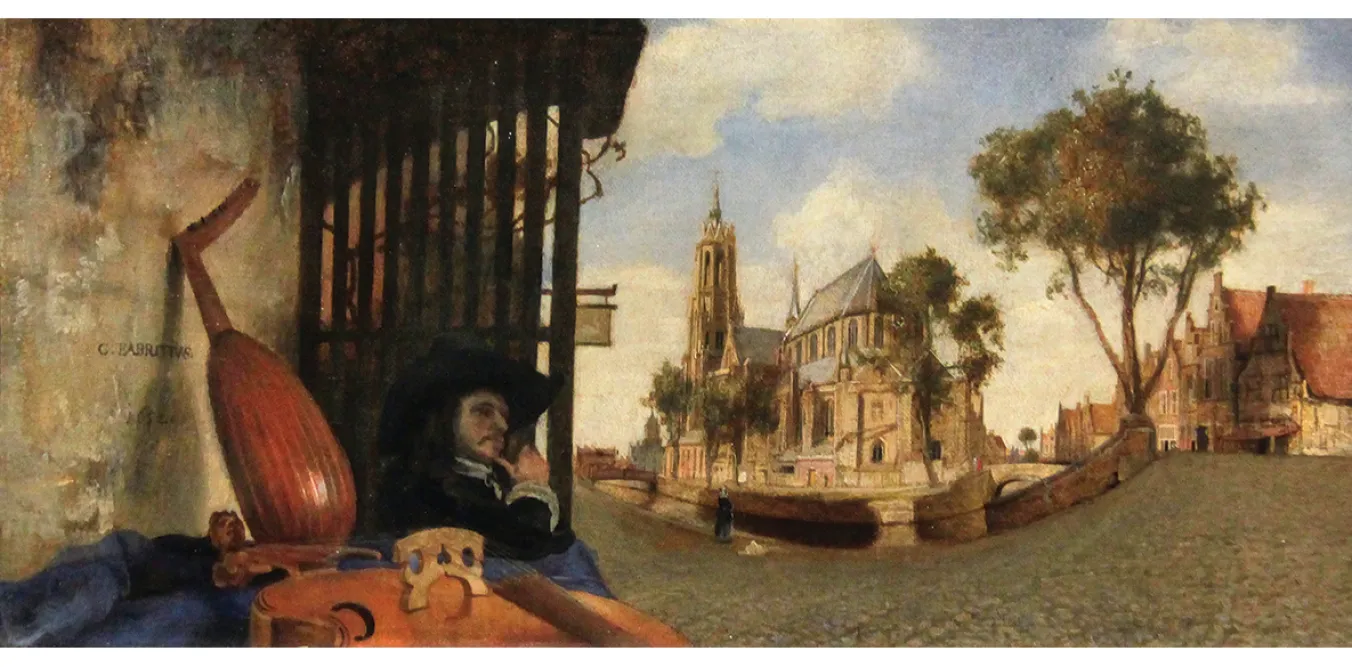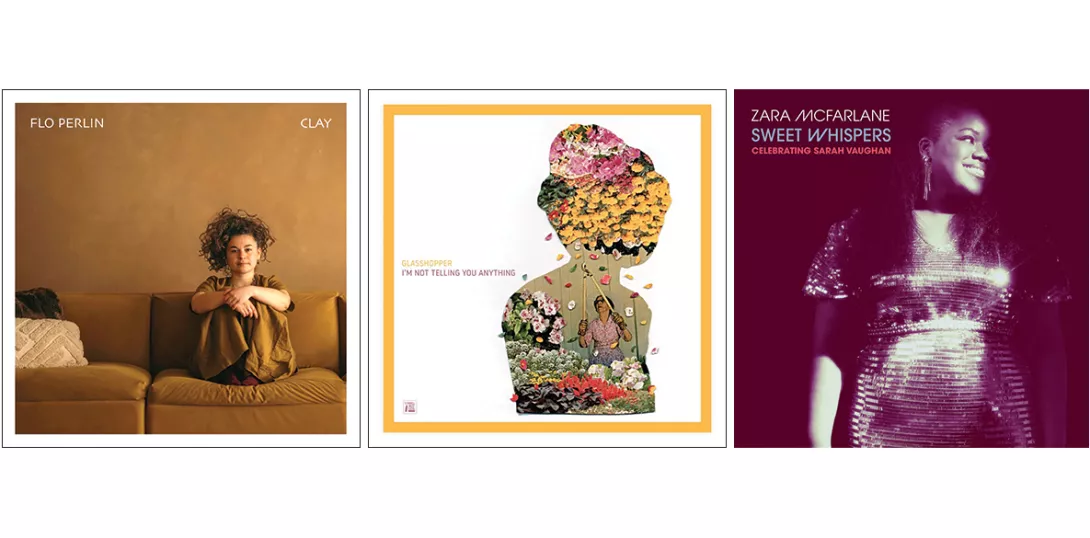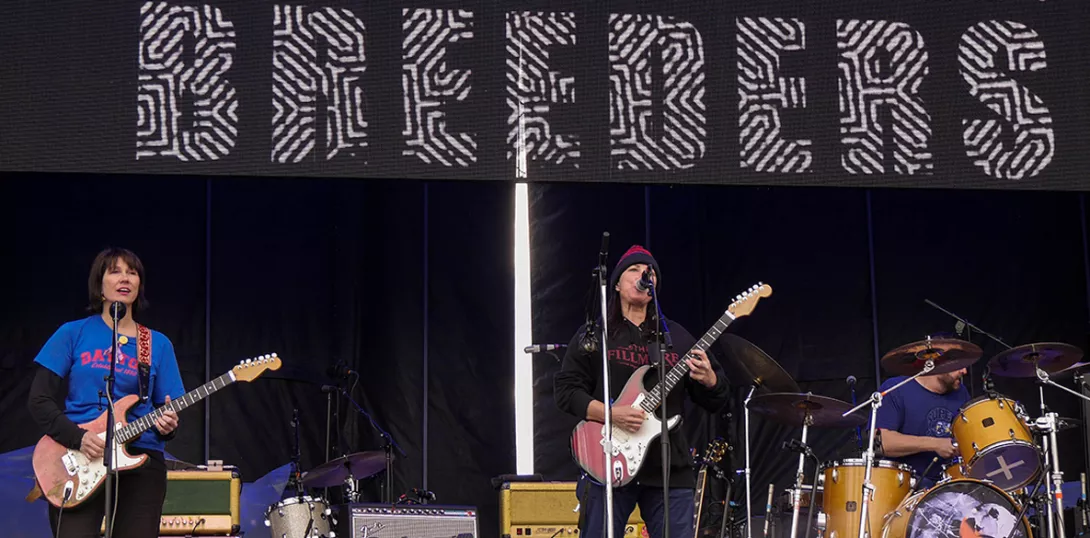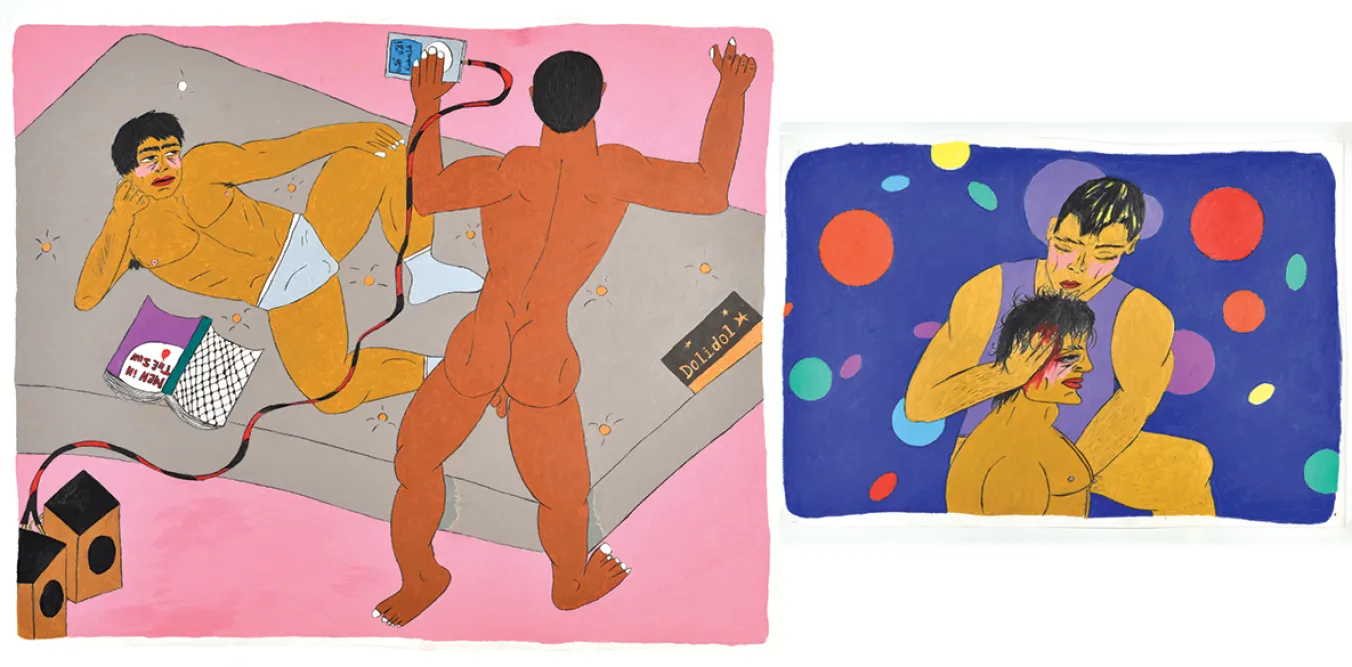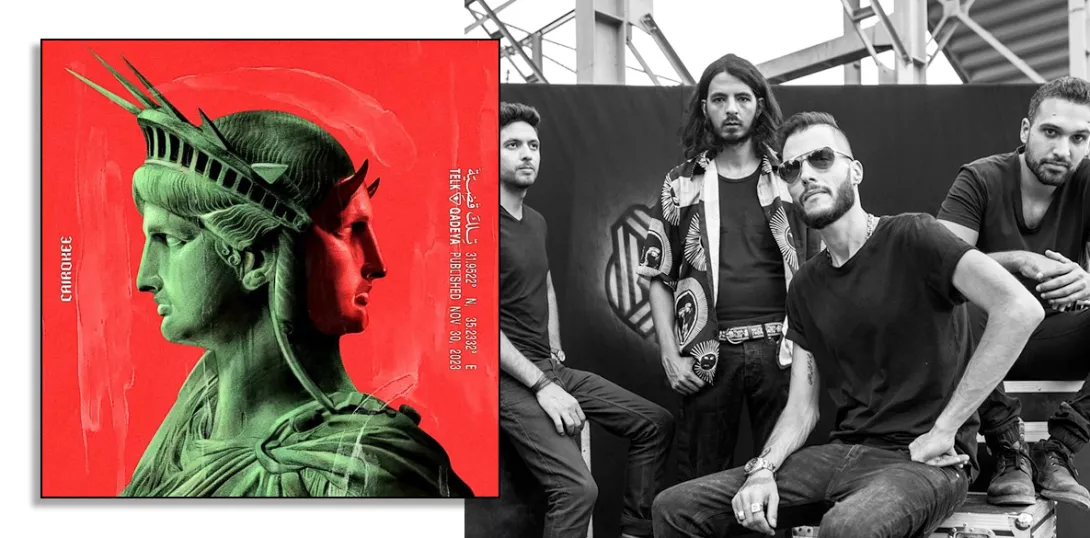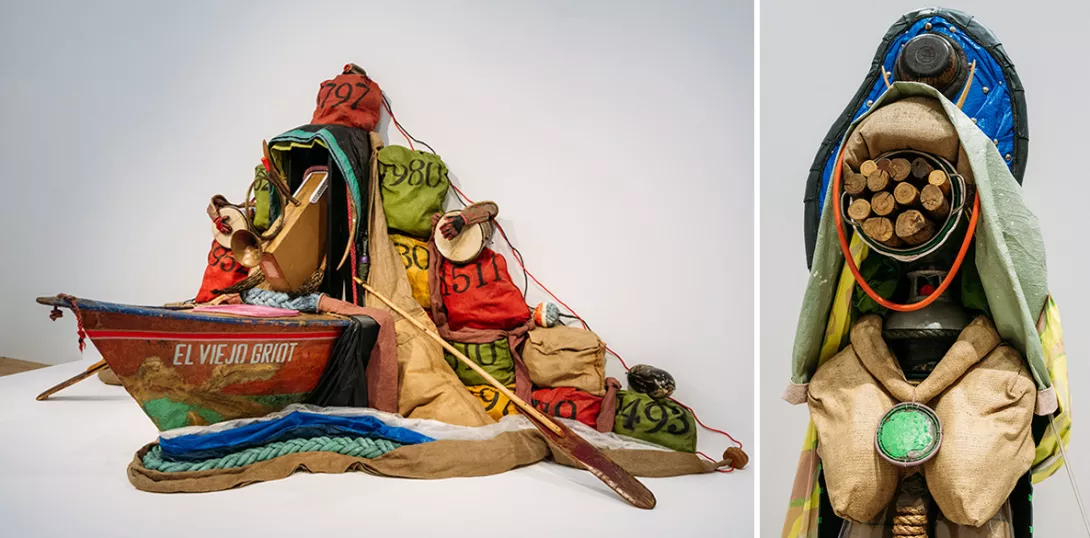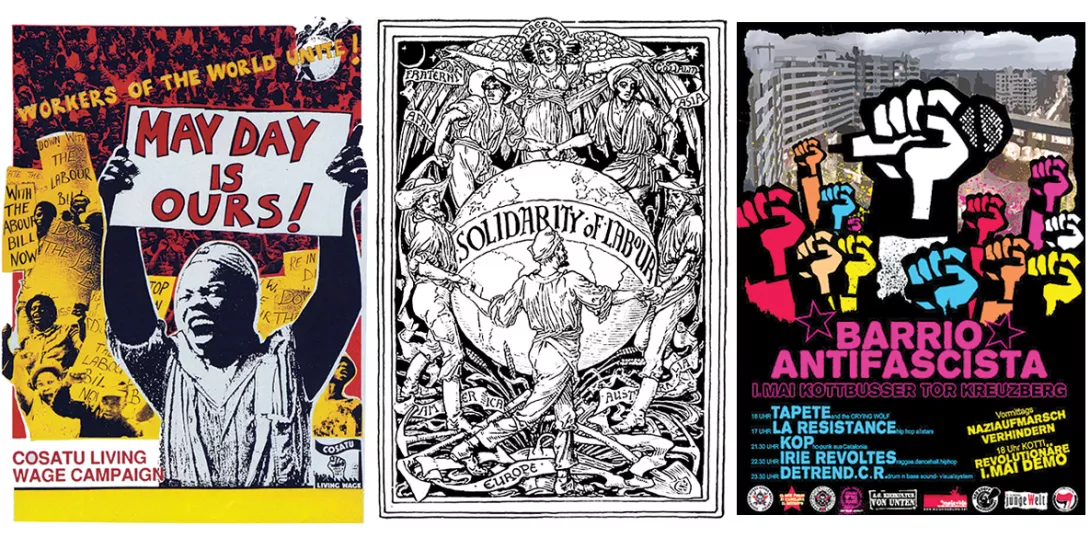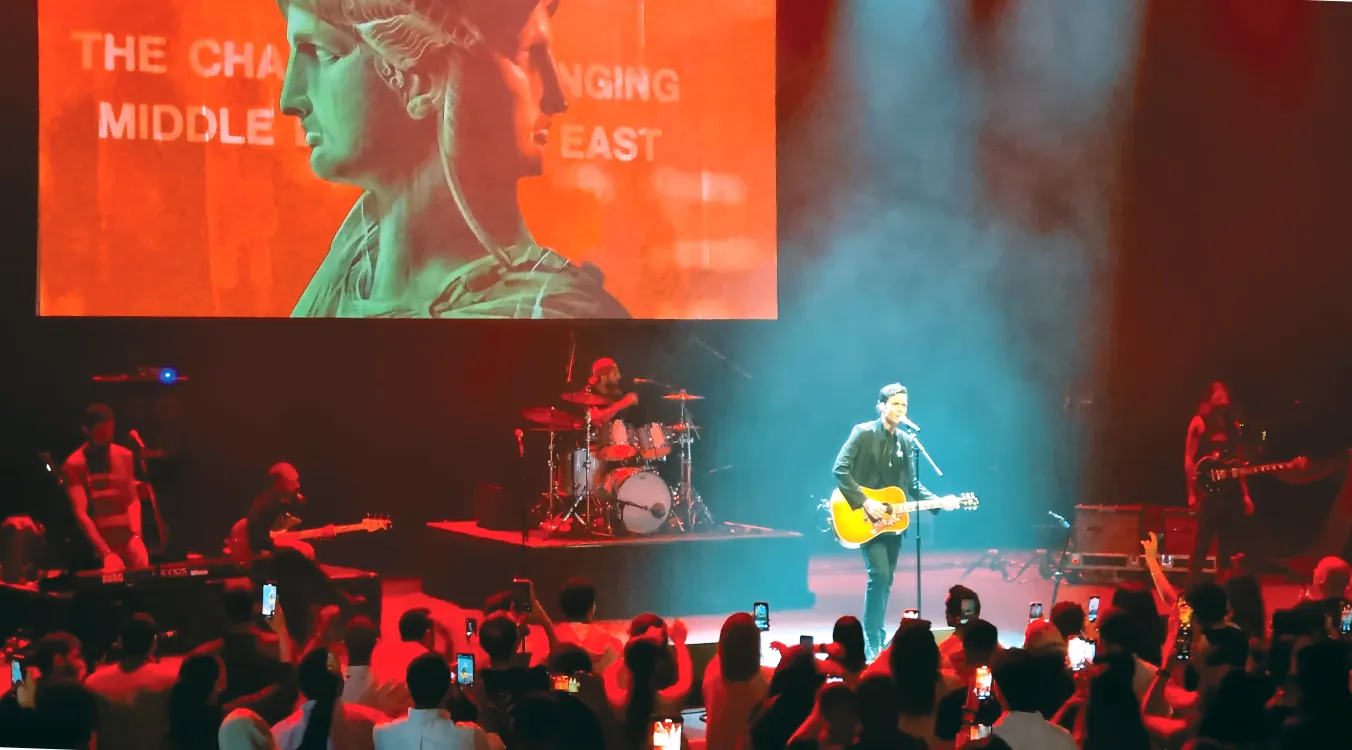
Cairokee
Barbican, London
IN the darkened hall the logo of Cairokee, a rotating head of a lion, appears on the screen accompanied by a roar of sound. Could it be Maahes the ancient Egyptian lion-headed god of war and son of the creator god Ptah? Significantly it means “he who is true beside her,” because that is exactly what Cairokee do in the Arab world and its worldwide diaspora. They are a beacon, a lighthouse in stormy seas.
Within seconds of reaching for their instruments, the audience is all standing and cheering in a roar at the top of their voices. Cairokee blast the hall and all in it with a sound that overtly is pure rock. But listen carefully and the idiom is intricately embroidered with Levantine patterns permeating the melodies, the singing and the rhythm. In one instance a keyboard-generated accordion echoes chanson.
The vocal harmonies between Amir Eid, Tamer Hashem and Sherif Mostafa transmit the songs directly to the audience’s souls.
